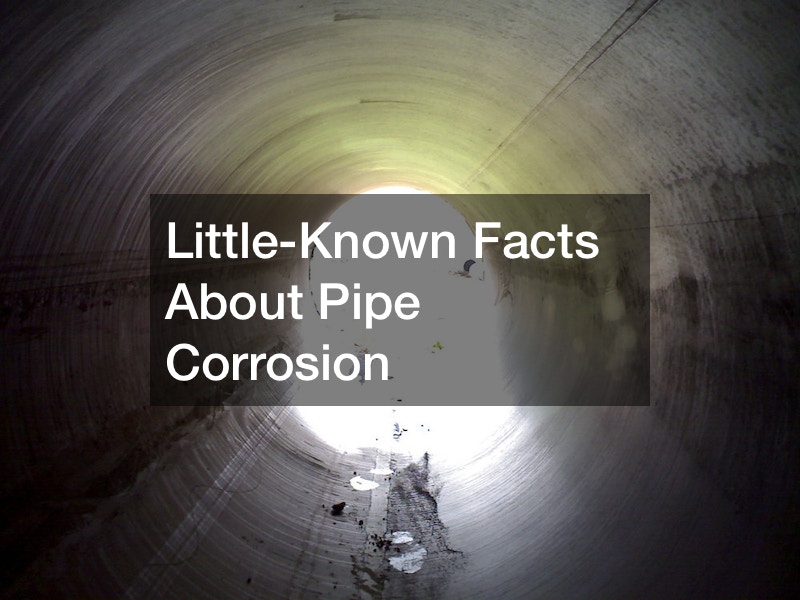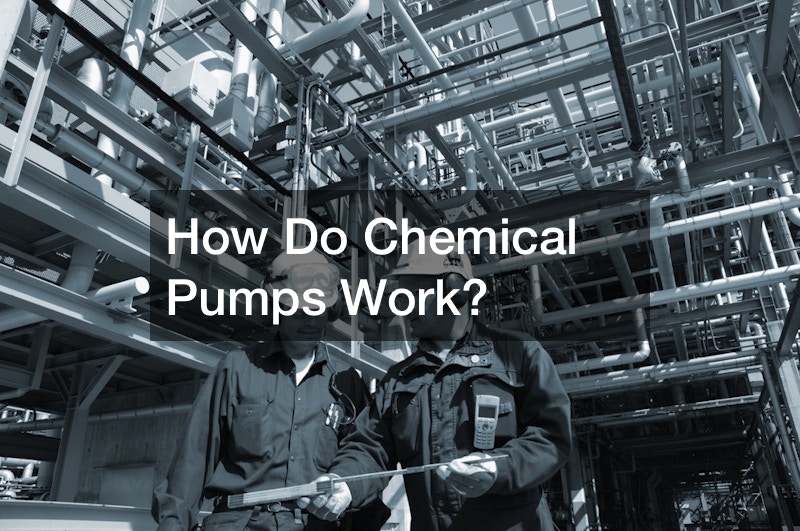
Corrosion is a process that takes place when two or more materials react with each other to form an unwanted chemical compound. Corrosion can be caused by many factors, including temperature changes, oxygen in the air; and chemicals such as acids, alkalis, and salts. The most common type of corrosion is electrochemical corrosion. Electrochemical corrosion happens when electrons are transferred from one metal to another. This transfer causes the metals to lose their electrical charge, which makes them less likely to attract ions (charged atoms) from the surrounding environment.
As a result, they become covered in oxide layers, preventing further oxidation.
When dealing with metal pipes, you need to consider what pipe corrosion prevention you want to use. There are three main types of corrosion protection: sacrificial, insulative, and protective coatings. A sacrificial coating protects the base material from corrosion while allowing the coating to erode. The coating is usually made up of zinc, aluminum, magnesium, or some combination thereof. These coatings are often used on pipes and tanks because they don’t require maintenance once applied. However, these coatings do have limitations. They only work well if the environment around the pipe or tank isn’t too acidic or basic. If the pH level is outside the range where the coating works properly, then the coating won’t last very long.




